It’s really tough when a relationship breaks down, even if you know that separation from your partner is the best thing for you and your children. But if you have kids together, it makes things even more complicated. There’s likely to be a lot of changes at the beginning. The important thing for you and your partner is to show your kids that you still love them and that, while lots of other things may change, that won’t.
Tips to help make these changes smoother for children
Tip #1: Is it too late?
Have you tried speaking to someone about your relationship? Some people like to go counselling or therapy to see if there is a way to repair their relationship. Being in a relationship isn’t always easy, especially when you have kids to look after, so talking to someone who isn’t a family member or friend can help give you a new perspective and ideas that may help. Relationships Scotland and The Spark both offer relationship counselling and support.
Tip #2: Kids first
Even though it’s a difficult time for you, remember that your kids should always come first. If your split is causing you a lot of pain, it can be really hard to set aside your feelings and work together to put the kids’ best interests first. But working as a team will make your break-up less stressful and easier for your kids to understand. Always think about what is the best thing for them.
Tip #3: Talk as a family
For some families, being able to talk about why the relationship has broken down can make it much easier for the kids to understand and accept. This can make it easier for them to cope in the long run.
If your relationship is breaking down, it can be tempting to try and keep this from the children, to protect them. But talking things through will mean your children will be less likely to blame themselves.
Agree together with your partner in advance how to tell your children and what you want to say. Be truthful (although they don’t need to hear all the details), use straightforward language your children will understand and don’t be tempted to play the blame game. There are lots of helpful tips for talking to your children about separation and divorce on the One Parent Families Scotland, Shared Parenting Scotland and Relationships Scotland websites.
If your children are older, have a look at this video from Voices in the Middle on talking to your teen about separation and divorce, which includes advice from young people whose parents have separated.
In addition, it may help to read books together with your children that explore relationship issues – you can find a helpful list on the Parenting Plan website.
Tip #4: Offer lots of reassurance
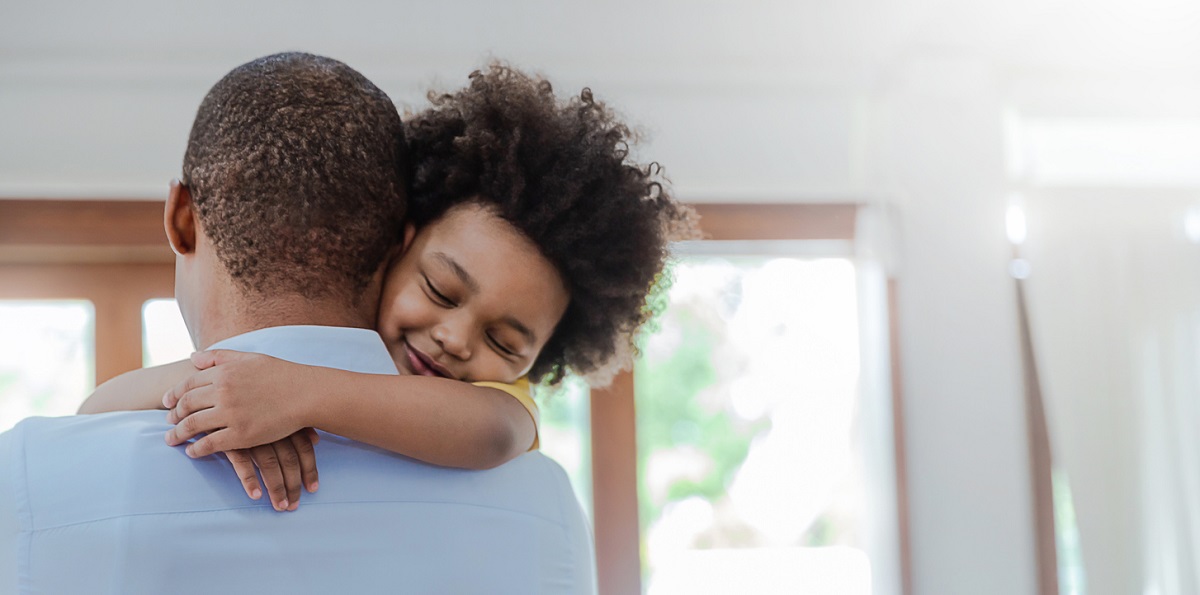
Some children can react badly when they’re told their parents are splitting up. It’s a big scary unknown for them, and they might even blame themselves or feel that they’re ‘not enough’ to keep their parents together. Try and offer reassurance and a shoulder to cry on when they want to talk about their feelings and try to understand the news. It’s important to reassure them that although you and their other parent won’t be together any more, you still love them and you’ll still both be part of their lives.
They may not want to talk about it straightaway – don’t worry if this is the case, they may just need time to understand the news. Just make sure they know that you’re there for them when they’re ready to talk about their feelings.
Tip #5: Listen to your children
It’s important to listen to what your children have to say about the situation. How do they feel about it? What would they like to happen? Sometimes when we think we’re listening we’re not really; we think we already know what they’re going to say, we interrupt or we’re thinking about what we’ll say in response. So be aware of this and try to give your full attention to what your children are saying. There are some helpful tips on listening to your children on the Relationships Scotland website.
Tip #6: Don't let the kids get stuck in the middle

However upset or angry you may be with your partner, try not to criticise them in front of your children. And don’t be tempted to ask the kids for information about your partner or pass on messages because you don’t want to speak to them. This may make your children feel as if they have to take sides, or are trapped in the middle of conflict. Try to keep them out of your relationship issues, so they don’t feel they have to choose between you.
Tip #7: Give them space
Some children may find it hard to express how they feel about the separation. Others may act up or become upset or angry over seemingly unrelated things. Much as you may want to, you can’t wave a magic wand to make them feel better. But you can listen, comfort them and give them space to get their head round things. Our page on encouraging your child to confide in you has more tips for helping them open up.
Tip #8: Get the grandparents involved

Grandparents have important roles to play in their grandchildren's lives. The love, support, and continuity they can provide can be especially important during family break-ups.
Kids can sometimes find it hard to talk to you if you’re going through a separation, in case they hurt you. Asking a grandparent (or aunt or uncle or other family member) to speak with your children might allow them to open up to someone they care about. Try and keep both sets of grandparents and other family members in the loop, so they can help answer any questions your children may have.
If you’re making a Parenting Plan (see ‘Make a Parenting Plan’ below), it’s a good idea to include grandparents and other family members, so they can continue to support your children through your separation and moving forward. You can find out more about involving grandparents in the Parenting Plan and the Grandchildren’s Charter here.
Tip #9: Talk to other people in their lives
It’s also a good idea to let other people in your children’s lives know what’s happening, such as their childminder, staff at their nursery or their teacher. They can then look out for any signs that your children are upset, and help them through it. If one of you is moving out, make sure your child’s nursery or school has contact details for both of you.
Tip #10: Try and stick to your usual routines
Try to keep your kids’ daily life as familiar and stable as possible. Having regular meal and bedtimes and going to their usual playgroups or clubs will help them feel more secure while other things around them are changing.
Tip #11: Let your child play
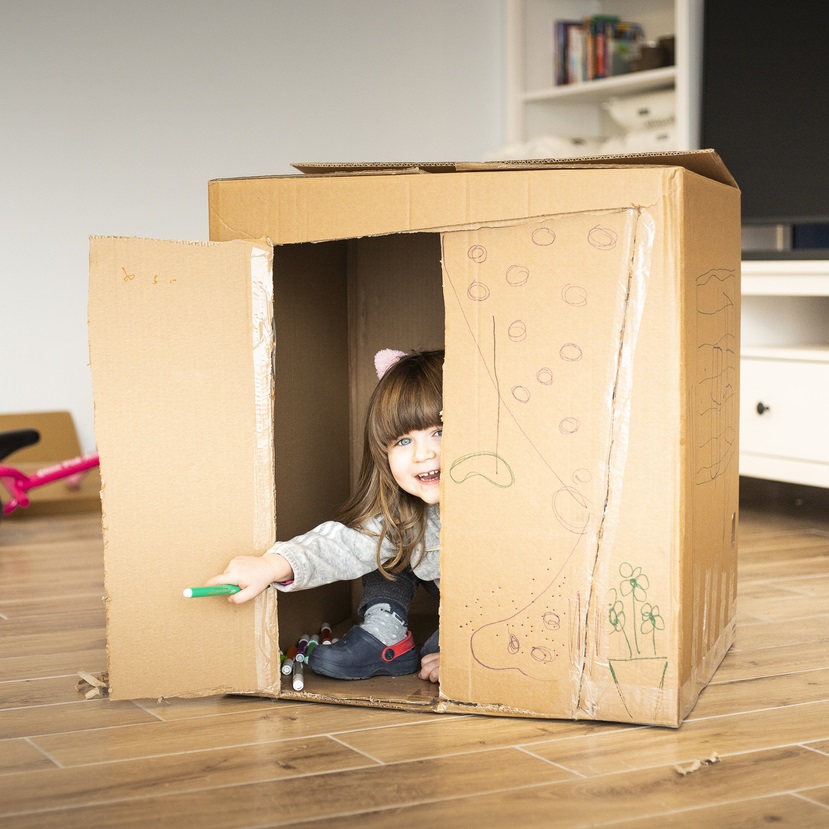
Play is an important way for young children to process things and make sense of the big, confusing world around them, so make sure they have plenty of time for their own play, aside from organised activities.
If your child is feeling insecure, confused, upset or anxious, they might start playing in a different way. They may return to games they enjoyed when they were younger, like playing with dolls or building a den. Or you might see them expressing negative feelings through their play, like boredom, loneliness, frustration or confusion. This is perfectly natural, it’s just their way of processing what’s going on at the moment. So unless they seem upset or stuck, just let them get on with it! Our page on helping your child through play has more advice.
Tip #12: Make a Parenting Plan
Before you do anything, try and come up with a plan for what life will look like after the separation. For example, who will be living where? Will your children still be going to the same school? When will they see their grandparents, aunts and uncles? Will they still be going to football on a Friday? It’s a good idea to put together a Parenting Plan, a voluntary agreement you make together about arrangements – our page on sharing parenting has more information.
Being able to offer a clear plan to your kids about what will happen afterwards will make it much easier for them to accept the news and recover.
Tip #13: Involve your children in the decision-making process
Children have a right to have a say in matters that affect their lives. So if they’re old enough to understand, it’s important to discuss any changes that are taking place with them. What would they like to happen? What do they think about the arrangements you and their other parent are suggesting? They may have useful ideas of their own. When things can't be arranged just as they'd want, explaining why will help them to adjust and accept your decisions.
However, it’s important that they understand that, while you value their opinions, you’re not asking them to make decisions or choices for you – that’s up to you and your partner.
Tip #14: Consider mediation
If you can’t agree on the arrangements for your children, going to court isn’t the only way to decide. In fact, only 5% of separations end up in court, with many people using mediation to agree what’s best through discussion.
Family mediation is where you and your ex can agree childcare and separation arrangements with a mediator who guides you through the arrangements. It can be less stressful than having to go to the courts, which can make the separation easier for your kids. You can find out more about family mediation on the Relationships Scotland website.
Family Mediation is a commonly used as a way of coming to an agreement, but there are other ways that also don’t involve going to court:
- Arbitration is a legal way of resolving disputes that doesn’t involve going to court. You can find out more about it on the Family Law Arbitration Group Scotland website.
- Collaborative law helps you agree on the legal, financial and practical arrangements if you’re separating or divorcing without going to court. You can find out more at the Consensus Scotland website.
- A Family Group Meeting is a way for families to come together to discuss a concern or problem which involves children or young people in the family. You can find out more about Family Group Decision Making on the Children First website.
Getting advice and support if you're separating from your partner
Separating from your partner is never going to be easy. The good news is, you don’t have to cope with all this alone. There are lots of organisations that can help with advice and support throughout your break up and afterwards.
Next steps
The websites offer a helpful overview of the things you’ll need to think about as well as further advice for taking your next steps:
The Parenting Plan lists everything you’ll need to consider when making arrangements for your children.
Support and counselling
You may also find it helpful to talk to someone who’s outside your family, someone who you don’t need to feel you must ‘put on a brave face’ for. This could be a friend, or you could call a helpline like the Spark or Breathing Space.
It’s also a good idea to consider counselling. Relationships Scotland offer counselling to help people with their relationships and support parents, children, young people and the wider family through family change and disruption.
The Spark also specialise in online counselling and telephone counselling services. Call their free Relationship Helpline on 0808 802 2088 or visit the Spark's website.
Financial support
Separating can also have a big impact on your finances. For advice on benefits and other support you might be entitled to and tips on making the most of your money, you can contact the Money Talk Team for a free confidential chat. One Parent Families Scotland have more advice on benefits here.
Legal advice
In some cases, if you and your partner can’t come to an agreement yourselves or through mediation you may need to talk to a solicitor about your situation. You can find a solicitor near you on Family Law Association or Law Society of Scotland websites. You can also contact the Scottish Child Law Centre for free confidential legal advice on all aspects of Scots law relating to children and young people.
You can find more useful organisations listed in the Parenting Plan.
Child maintenance
Both parents are responsible for the costs of raising their children, even if they don’t see them. This can be a tricky issue to discuss, but it’s essential for your children’s wellbeing. If you can’t reach an agreement between you, you can get help through the Child Maintenance Service. You can get more advice on child maintenance from Citizens Advice Scotland.
Safety
We realise that the situation is very different if you have concerns about the safety of yourself and your children, for example, if you’ve experienced domestic abuse or your partner has issues with alcohol or drug misuse and it’s not safe for you or your children to be in contact with them. But if you’re in this situation, you’re not alone. Here are some organisations offering advice and support.
- Scottish Women’s Aid provide support to women, children and young people who have experienced or are experiencing domestic abuse.
- The Scottish Domestic Abuse and Forced Marriage Helpline can also be contacted 24 hours a day on 0800 027 1234. You can also access web chat on The Scottish Domestic Abuse and Forced Marriage Helpline's website. There are a number of local services who can provide support and the helpline will be able to signpost you to these.
- You can find links to more organisations offering advice and support about domestic abuse on the Safer.scot website.
- The Shelter Scotland website has advice on your housing rights in this situation.
- Citizens Advice Scotland has information on finding out if a partner has an abusive past, making a safety plan to leave an abusive partner and getting financial help.
- Scottish Families Affected by Alcohol and Drugs supports anyone concerned about someone else's alcohol or drug use in Scotland.
- If you have any parenting concerns, you can call the Children First support line for support and advice.
Child contact centres
Child contact centres provide a safe, welcoming place for children to spend time with a parent they don’t live with. This could be where there has been no contact for a period of time or where it’s not appropriate for a child to spend time alone with a parent or family members. They can also be used for handovers where you bring your child to the centre to be collected by the other parent. This can help reduce any conflict and stress if you’re having a difficult time seeing your ex-partner. You can find out more at the Relationships Scotland website.
 Activities & Play
Activities & Play Behaviour
Behaviour Childcare
Childcare Development & Growing Up
Development & Growing Up Family, Friends & Relationships
Family, Friends & Relationships Feeding Your Baby
Feeding Your Baby Food & Eating
Food & Eating Health & Safety
Health & Safety Mental Health & Wellbeing
Mental Health & Wellbeing Money & Work
Money & Work Online Behaviour & Safety
Online Behaviour & Safety Pregnancy & First Days
Pregnancy & First Days School & Education
School & Education Sleep
Sleep



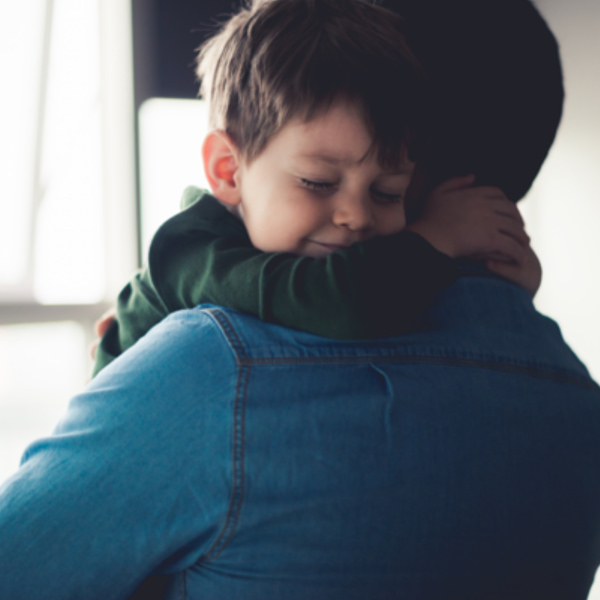
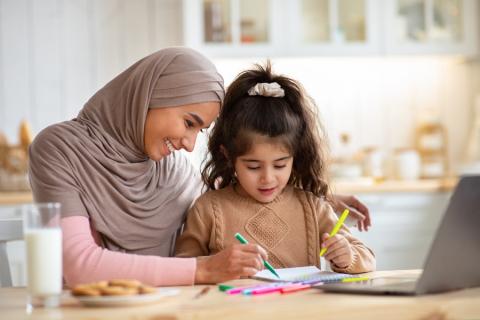
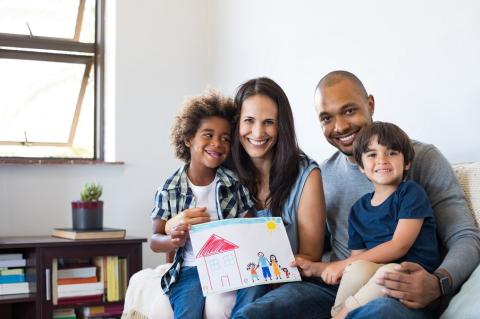
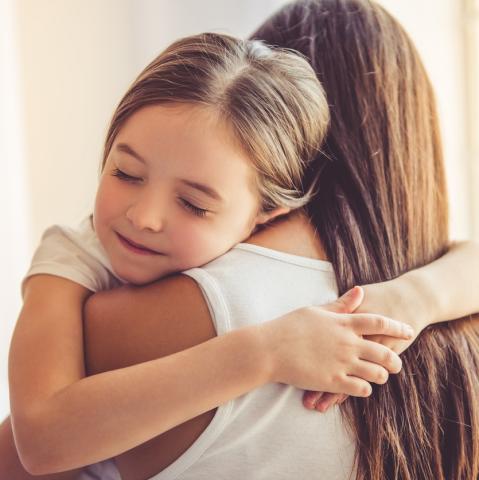
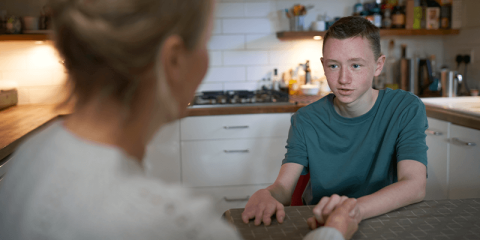
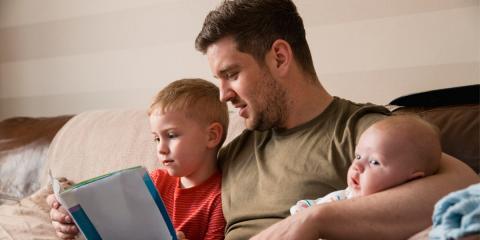
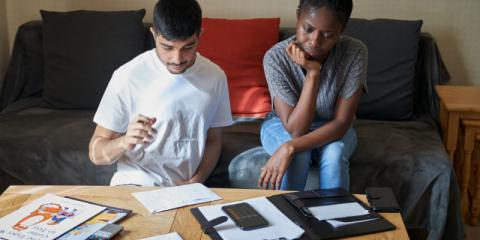
 Mental Health & Wellbeing
Mental Health & Wellbeing
 School & Education
School & Education